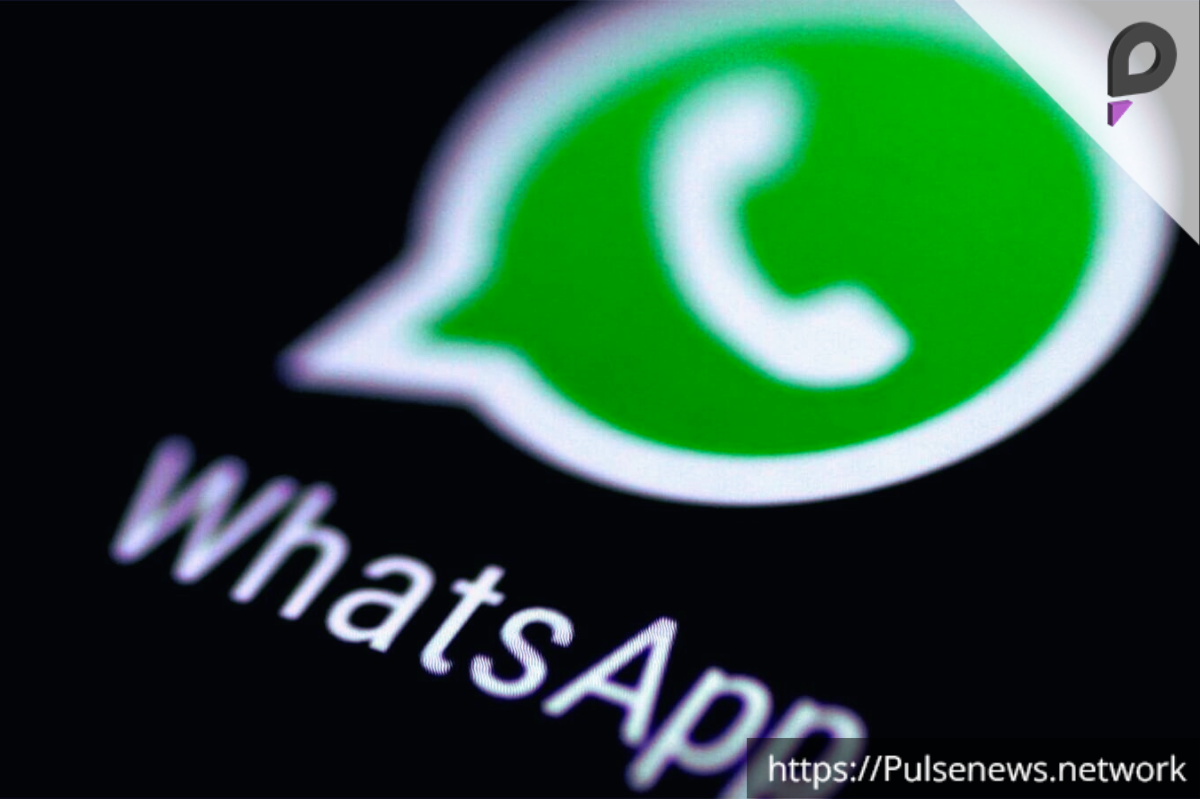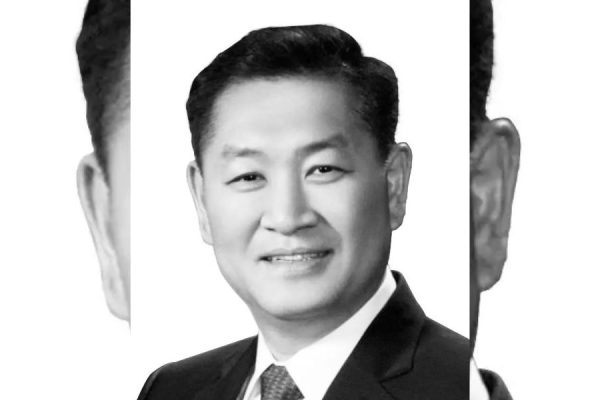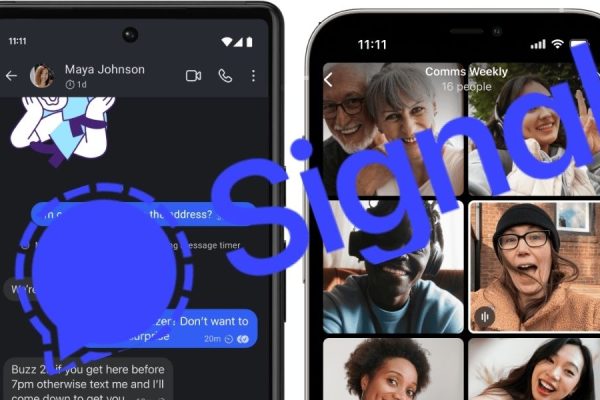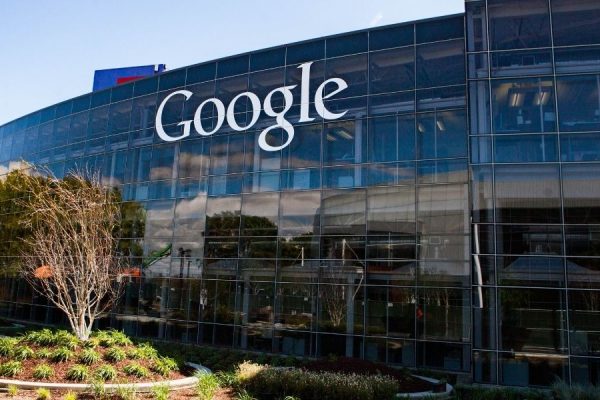In a landmark legal decision, a U.S. judge has ruled in favor of Meta Platforms’ WhatsApp, holding Israeli cybersecurity firm NSO Group liable for hacking and breach of contract. The ruling stems from a lawsuit accusing NSO of exploiting a vulnerability in the WhatsApp messaging app to deploy its notorious Pegasus spyware for unauthorized surveillance.
Judge Holds NSO Accountable
U.S. District Judge Phyllis Hamilton, based in Oakland, California, granted WhatsApp’s motion and deemed NSO responsible for hacking activities. The case will now move forward to determine the damages owed by the Israeli firm. NSO Group has yet to comment on the ruling.
A Victory for Privacy
Will Cathcart, head of WhatsApp, hailed the decision as a triumph for privacy rights. In a statement, he emphasized the importance of holding spyware companies accountable:
“We spent five years presenting our case because we firmly believe that spyware companies cannot hide behind immunity or evade responsibility for their illegal actions.”
Cathcart’s remarks signal a strong stance against unlawful surveillance, with the hope that the ruling sets a precedent for the cybersecurity industry.
Expert Reactions
The judgment has been widely praised by cybersecurity experts. John Scott-Railton, a senior researcher at Citizen Lab—an organization that first uncovered NSO’s Pegasus spyware in 2016—called it a pivotal moment:
“This ruling has massive implications for the spyware industry, making it clear that companies like NSO cannot evade responsibility by blaming their customers.”
For years, the spyware industry has argued that they are not accountable for how their tools are used. However, this decision firmly establishes NSO’s liability for violating numerous laws.
Background on the Case
WhatsApp filed its lawsuit in 2019, seeking an injunction and damages. The company alleged that NSO exploited a vulnerability in the app to access WhatsApp servers and install Pegasus on victims’ devices without permission. Pegasus spyware has been linked to high-profile surveillance of journalists, activists, and politicians worldwide.
Industry Implications
The ruling is seen as a major blow to NSO Group and a warning to other spyware developers. It highlights growing scrutiny of cyber-surveillance practices and underscores the need for accountability in the technology sector.
As the case moves into the damages phase, privacy advocates and cybersecurity experts will be closely watching to see how the decision shapes the future of spyware regulation and enforcement.












